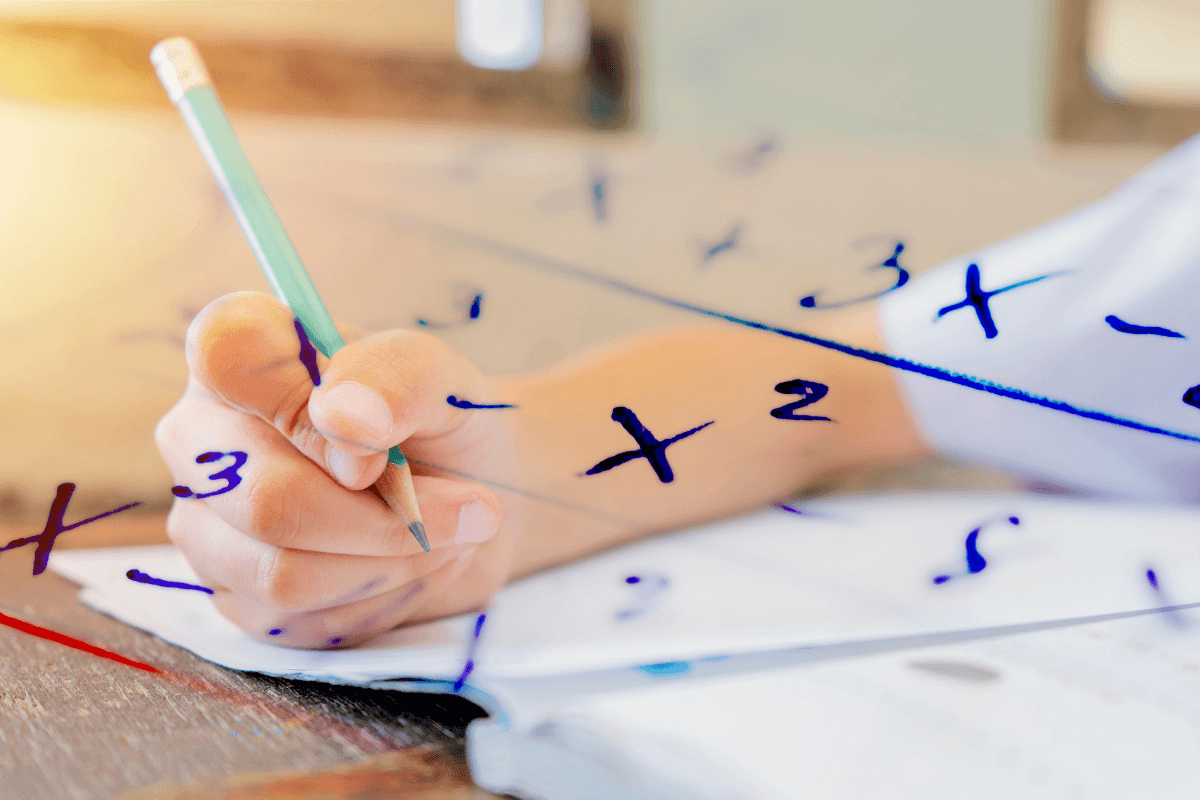Do you remember the first time you solved a puzzle? The satisfaction of completing it and finally understanding how all the pieces fit together was an amazing feeling. As parents, we want to give our children the best opportunities for success in life, and part of that includes helping them develop strong problem-solving skills such […]


